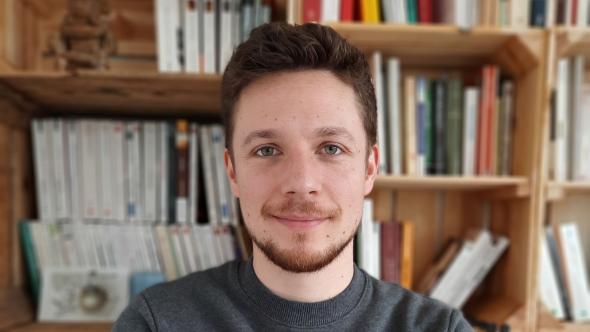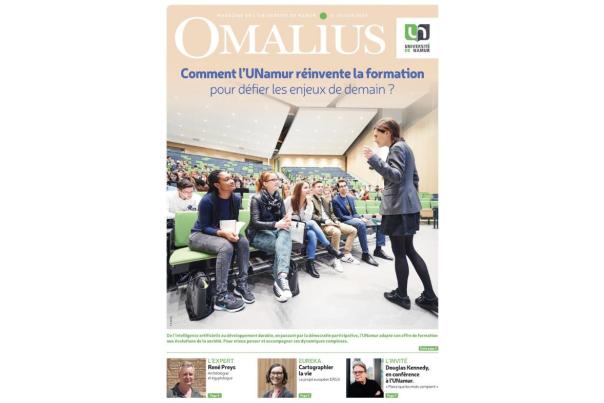J.B.: I run philosophy workshops or ethical times with hospital workers to liberate thought in the hospital and question what puts them in difficulty. These are places of comfort, where we re-weave the collective, but they are also sometimes places of discomfort. People don't just come to share their opinions, they come to question them. Workers also come to talk about their own vulnerability, as caregivers or citizens. To animate these spaces, I use tools from the new philosophical practices movement. I launch discussions with a philosophical and democratic purpose (developed by Michel Tozzi), and I make extensive use of the philosophical research community (developed by Matthew Lipman). In concrete terms, this can take the form of philosophy workshops, reading and writing groups, seminars or ethical marauding... In hospitals, the best entry point for caregivers is clinical ethics. Starting from a care situation, we can draw out the thread of questioning. We then arrive at philosophical questions or, more broadly, the humanities in healthcare. I defend the idea of a modest philosophy, with the aim of instilling a taste for philosophical practice. Philosophy isn't there to work miracles; it's there to question work. To do philosophy is already to show lucidity, to get away from simplisms that do us good.


